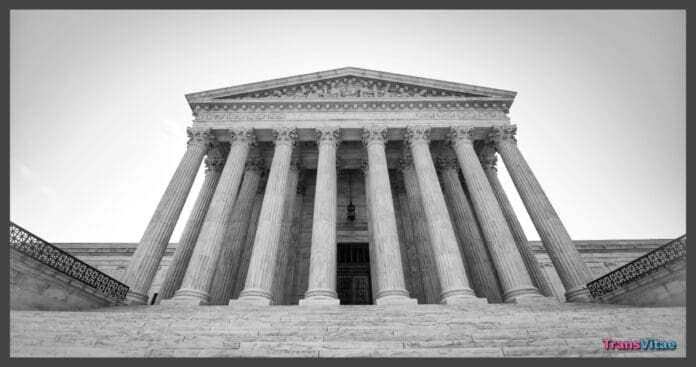On Tuesday, the U.S. Supreme Court will hear arguments in Chiles v. Salazar, a case that could redefine the limits of professional speech and reshape protections for LGBTQ+ youth. The outcome will determine whether states can continue to ban conversion therapy for minors, a practice condemned by every major medical and psychological association in the country. For many in the transgender community, the stakes could not be higher.
What Is Chiles v. Salazar?
The case centers on a Colorado law that prohibits licensed mental health professionals from attempting to change a minor’s sexual orientation or gender identity. Counselor Kaley Chiles argues that this law infringes on her First Amendment rights by restricting what she can say to clients who voluntarily seek her help in reconciling their identity with their religious beliefs.
Colorado defends its statute by emphasizing that the law regulates harmful medical conduct, not speech. State officials argue that the government has both the authority and the duty to protect minors from treatments that cause lasting psychological harm. Lower courts have consistently sided with Colorado, but the Supreme Court’s decision could either affirm or overturn that precedent.
Why This Case Matters for the Transgender Community
While much of the public debate frames this issue in terms of gay or lesbian youth, transgender and nonbinary minors are often the ones most directly targeted by so-called conversion efforts. These practices aim to suppress or alter gender identity and expression, frequently leading to trauma, anxiety, and depression.
Advocacy organizations including the National Center for Transgender Equality and The Trevor Project have filed briefs urging the Court to uphold the Colorado law. They warn that a ruling against the state could dismantle similar bans in more than twenty other states and open the door for harmful practices to return under new language or tactics. For many families and young people, these state laws are the only safeguard against unlicensed or unethical treatment disguised as therapy.
What the Supreme Court’s Decision Could Mean
If the Court rules in favor of Chiles, the outcome could reshape how states regulate therapy and professional standards across the nation. It might become more difficult for governments to restrict practices that seek to change identity, especially if those practices are presented as “speech.” Expanding the concept of professional free speech could weaken or invalidate conversion therapy bans in other states and embolden practitioners to reintroduce these discredited methods. For LGBTQ+ youth, that would mean greater exposure to coercive and harmful forms of counseling.
If the Court instead upholds Colorado’s law, it would reaffirm that states have the right to regulate harmful therapeutic practices in order to protect minors. Such a decision would strengthen the existing medical consensus that identity conversion efforts are unethical and dangerous. It would also confirm that protecting children from psychological harm outweighs any claim to free speech in this context. For transgender youth, the ruling would reinforce their right to receive affirming care and to be treated as whole, authentic individuals deserving of respect and safety.
The Bottom Line
Whatever the Court decides, the implications will echo far beyond the legal system. Transgender and queer youth need affirming spaces, mental health care rooted in compassion, and the freedom to explore who they are without fear of being “fixed.” As the justices deliberate, the LGBTQ+ community will once again watch as its humanity and safety are weighed in a courtroom.
The outcome of Chiles v. Salazar will not only shape law but also lives, reminding the nation that equality and dignity are not abstract rights; they are lifelines.


